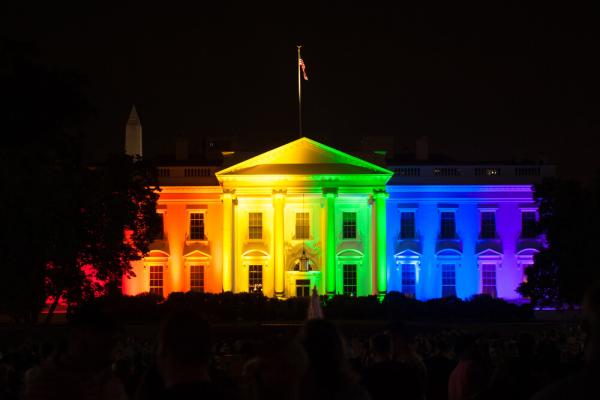Feb 2, 2017
Lost amid the ongoing furor over President Trump’s travel ban, and the ecstasy (and agony) over his first pick for the Supreme Court, was another move on Jan. 31 that is starting to give social conservatives pause: Trump’s continuance of the executive order by President Obama’s policy that protects gay and transgender employees from discrimination while working for federal contractors.
And not only did Trump extend the protections, but he did so in powerful language that used the community’s own “LGBTQ” identifier, while vowing that Trump would be “respectful and supportive of LGBTQ rights.”
Read the Full Article

Already a subscriber? Login
